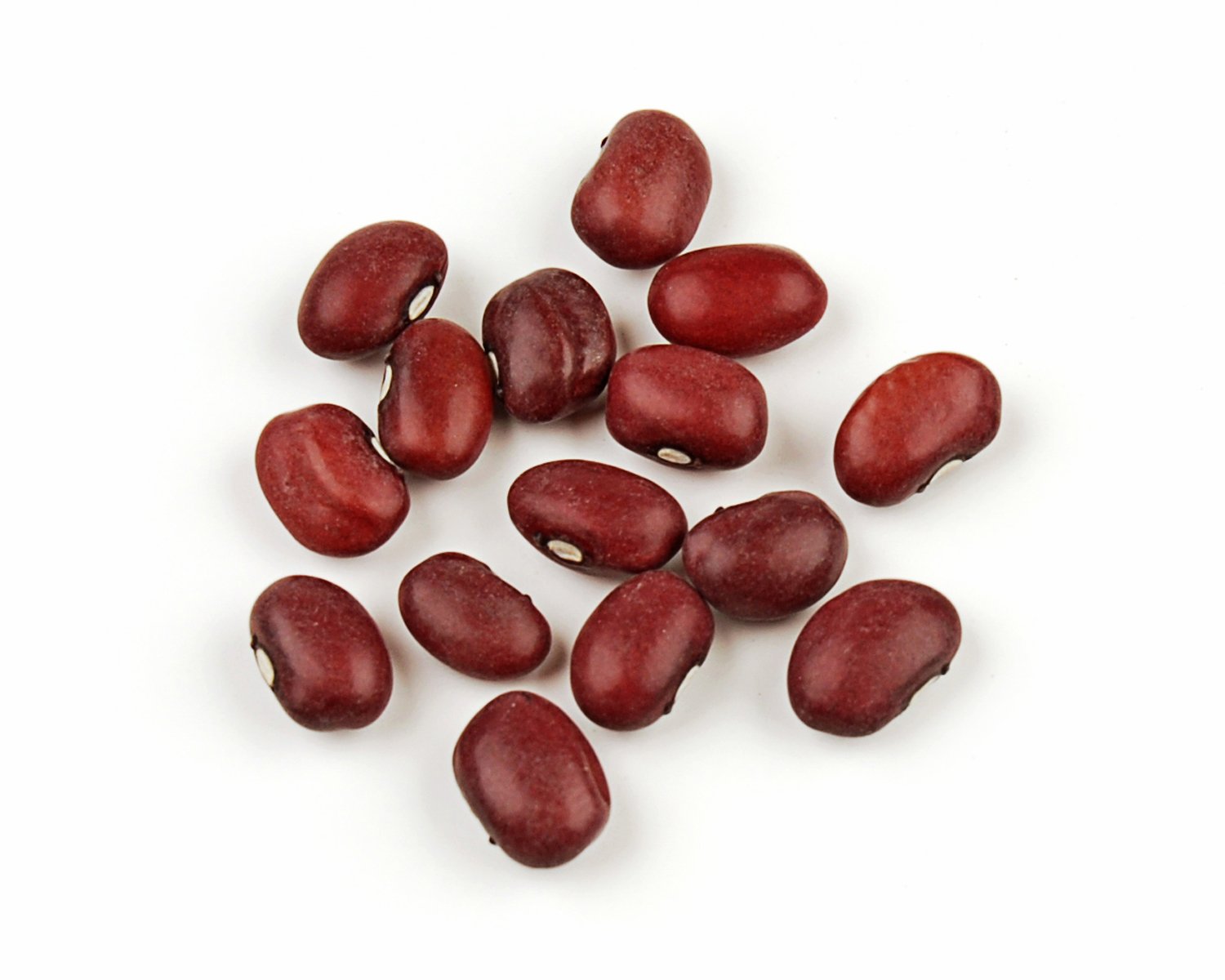Benefits of Potassium, Food Sources, and Side Effects
Potassium is an essential mineral for the body and is necessary for the kidneys, bones, and heart. The best way to get potassium is to eat healthy foods that contain it.
This mineral is one of the seven essential macromolecular substances that the human body needs to support significant processes. Potassium plays a vital role in the function of the kidneys, heart, muscles, and the transmission of messages through the nervous system. This article will look at the amount of potassium the body needs per day, the benefits of this mineral intake, good sources of potassium, and the effects of high or low information.

The recommended amount of potassium:
In general, adequate potassium intake is 3400 mg per day for men and 2600 mg per day. The following are specific recommendations for different age groups.
Women
- From birth to 6 months: 400 mg per day
- 7 to 12 months: 860 mg per day
- 1 to 3 years: 2000 mg per day
- 4 to 8 years: 2300 mg per day
- 9 to 13 years: 2300 mg per day
- 14 to 18 years: 2300 mg per day
- Over 19 years: 2600 mg per day
Men
- From birth to 6 months: 400 mg per day
- 7 to 12 months: 860 mg per day
- 1 to 3 years: 2000 mg per day
- 4 to 8 years: 2300 mg per day
- 9 to 13 years: 2500 mg per day
- 14 to 18 years: 3000 mg per day
- Over 19 years: 3400 mg per day
Adequate this mineral is 2900 mg during pregnancy and 2800 mg per day during lactation. The best way to get the potassium your body needs is to have a healthy, balanced diet that includes a wide range of vitamins and minerals. But in some cases, your doctor may recommend supplements.
Benefits of potassium consumption:
This mineral is an electrolyte that the body needs to stay healthy, and experts say potassium-rich foods can help control blood pressure by reducing the adverse effects of sodium. Having high levels of sodium can increase the risk of high blood pressure. But in healthy people, this mineral helps reduce the risk of helping the body eliminate sodium and is also very effective in controlling blood pressure.
Blood pressure and cardiovascular health
Adequate potassium intake can prevent or control high blood pressure. In general, if a person consumes a lot of this mineral and a little sodium, he or she is at risk for cardiovascular disease and stroke.
Preserve bone and muscle
Potassium may play a role in bone health. Some studies suggest that bone density may be high in people who eat large amounts of potassium-rich fruits and vegetables. But confirmation of this requires further research. If this is proven, researchers should know the reason and consider the effect of taking supplements. Also, a diet rich in this mineral can help maintain muscle mass in the elderly and prevent conditions that can cause muscle wasting.
Kidney health
Low levels of potassium in healthy people may inhibit the kidneys’ ability to reabsorb calcium, and high levels of calcium in the kidneys lead to kidney stones. Research from 2015 shows that dietary changes may help reduce the risk of kidney stones. Because a diet rich in this mineral and other essential nutrients can prevent this disease, however, people with kidney failure should not consume too much potassium, as it can have a negative effect. In this case, your doctor will recommend the amount of this mineral your diet needs.
Food sources containing potassium:
This mineral is found in many plant foods. But processing reduces the level of this nutrient. In general, anyone on a processed diet may consume less of this mineral. However, many processed foods are high in sodium, so a person on an entirely processed diet should focus on this. In general, dried fruits are good sources of potassium. Below are the specific amounts of this mineral in a meal of different foods rich in this mineral.
- One cup of dried apricots, 23%
- A cup of cooked lentils, 16%
- One cup of prunes, 15%
- A skinless cooked potato, 13%
- One cup of beans, 13%
- One cup of orange juice, 11%
- A medium banana, 9%
- One cup of milk, 8%
Potassium supplements:
In most cases, having a healthy diet provides the body with this mineral it needs, especially if it is low in sodium. But sometimes, your doctor may recommend taking supplements. Some evidence suggests that the following may be somewhat effective:
- Blood pressure control
- Stroke prevention
- Avoid kidney stones
- Strengthen bone health
- Monitor blood glucose levels
Confirmation that potassium supplements can help treat or prevent these health conditions requires further research. Note that you should consult your doctor before taking supplements; this is especially important for people with kidney disease or taking other medications.
Potassium deficiency:
This mineral deficiency (hypokalemia) can lead to various health problems, which we will mention below:
- High blood pressure
- Risk of kidney stones
- Low levels of calcium in the bones
If a person’s blood this mineral level falls below 3.6 mmol, mild potassium deficiency occurs and can be accompanied by the following symptoms:
- Constipation
- Fatigue
- Muscle weakness
- Weakness and lethargy
If a healthy person’s potassium level falls below 2.5 mmol / L, doctors consider this mineral deficiency moderate to severe. Mild to severe potassium deficiency can lead to the following:
- Excessive urination
- Glucose intolerance
- Muscle paralysis
- Respiratory problems
- Changes in heart rhythm in people with heart disease
- Confusion in people with kidney disease
Keep in mind that severe potassium deficiency can be life-threatening because it affects the heart.
High potassium intake:
A person can generally tolerate large amounts of this mineral, which is lost by the kidneys. However, if the kidneys are unable to eliminate potassium, excess this mineral or hyperkalemia can occur, which can be harmful to people with kidney problems. If these mineral levels rise too fast, the situation becomes dangerous. Doctors increase potassium levels to 1.5 to 6 mmol per liter. Note that ranks higher than six mmol potassium in the blood require immediate medical attention. Keep in mind that people with hyperkalemia may have no or very few symptoms. But if the symptoms appear, it will be the same symptoms of hypokalemia. Severe or sudden hyperkalemia can lead to the following cases that require immediate medical attention.
- heartbeat
- Shortness of breath
- Chest pain
Drug interactions:
Anyone taking medication should not increase this mineral intake without consulting their doctor because some drugs interact with potassium. For example, drugs called angiotensin-converting enzyme inhibitors, and angiotensin receptor blockers can block potassium in the body. A person taking both medications and having kidney disease, type 2 diabetes, or heart disease may have high potassium levels in their blood. These mineral diuretics prevent the excretion of this mineral in the body through urine. If someone is taking one of these medications, their doctor will monitor their potassium levels. Examples include amiloride and spironolactone. Cyclic diuretics and thiazides increase potassium in the body by increasing urine production, leading to low mineral levels. Examples include furosemide and bumetanide. Note that the person taking these medications should avoid foods high in potassium.










